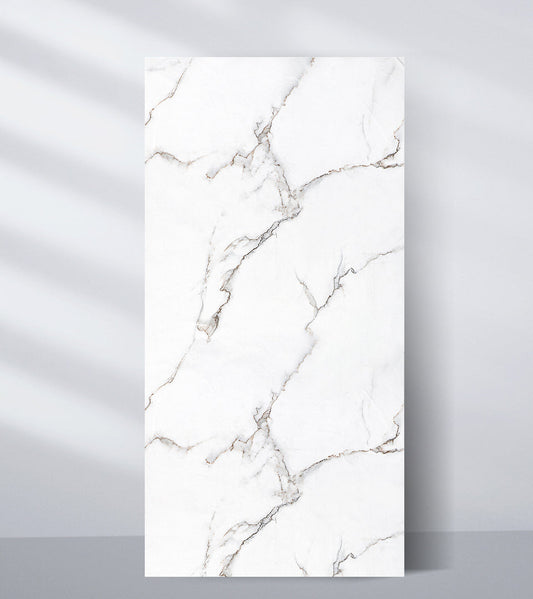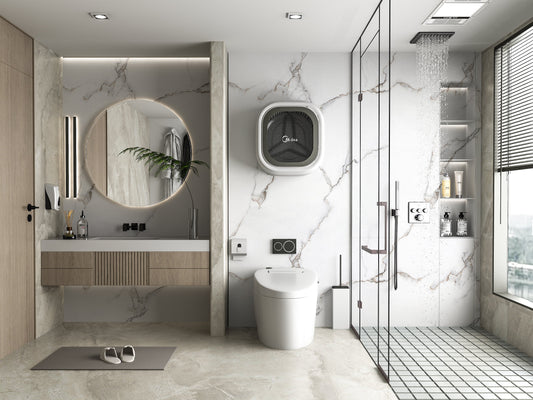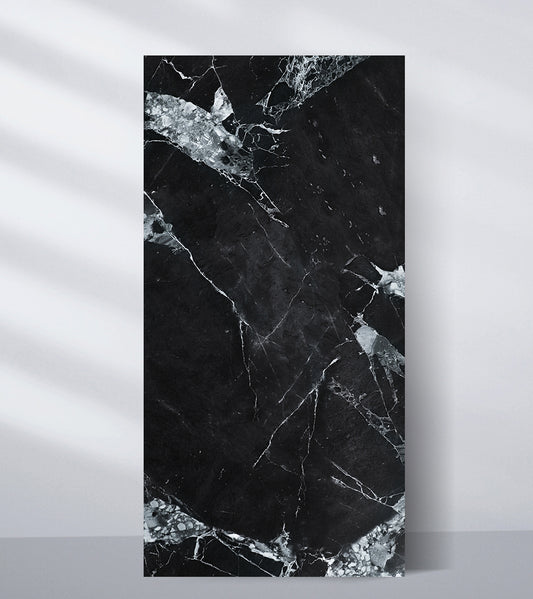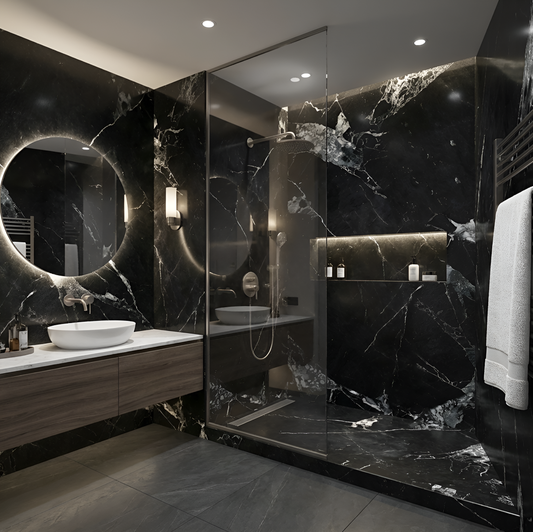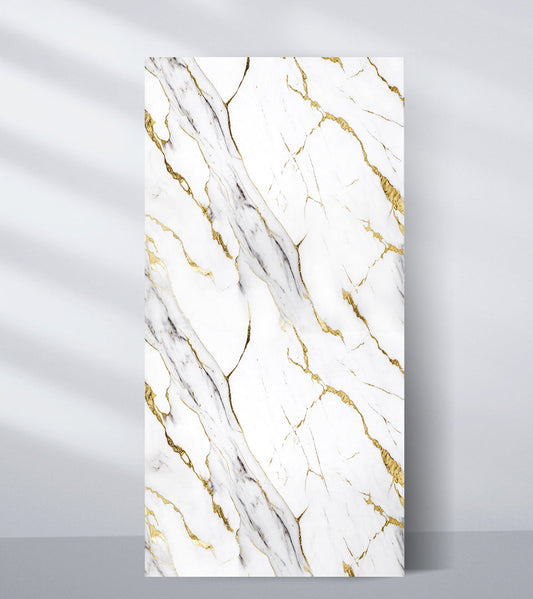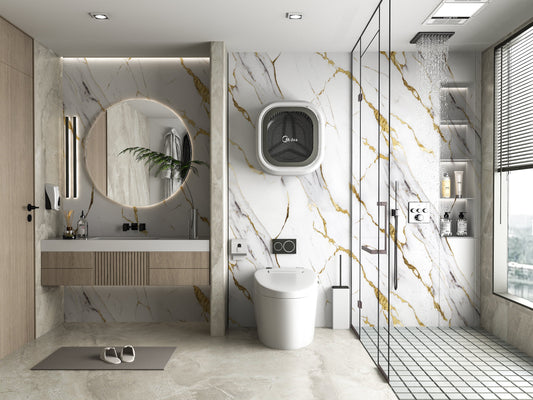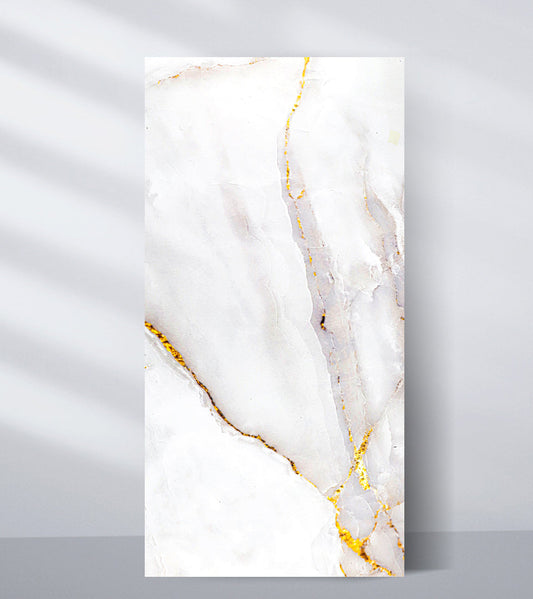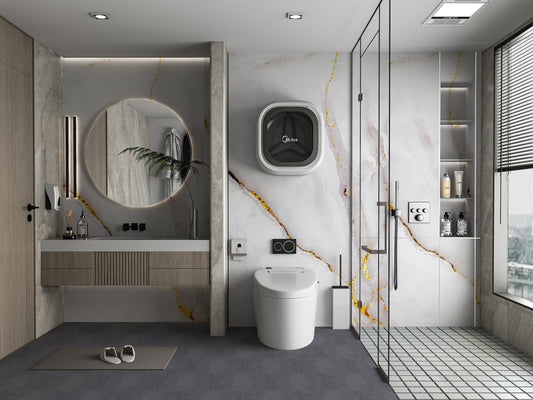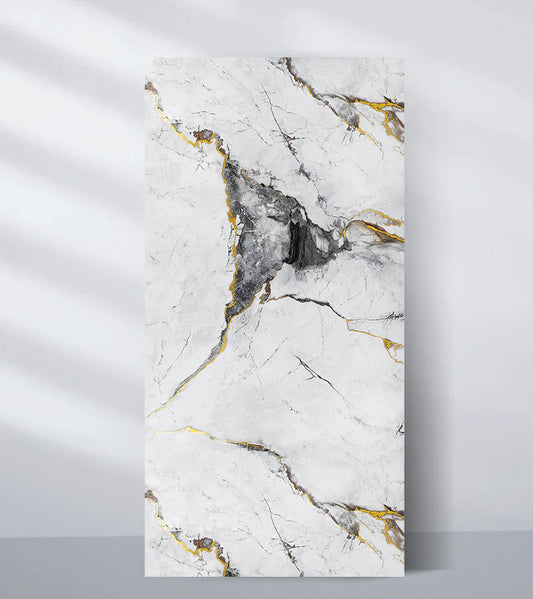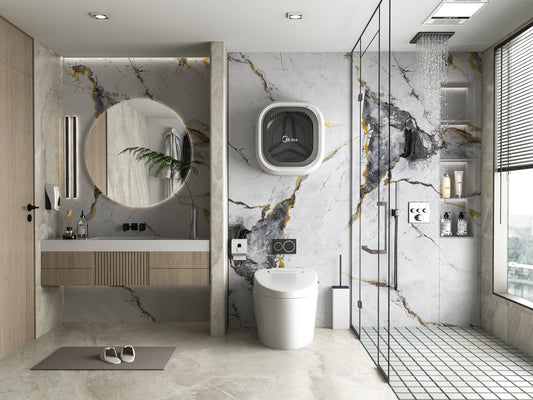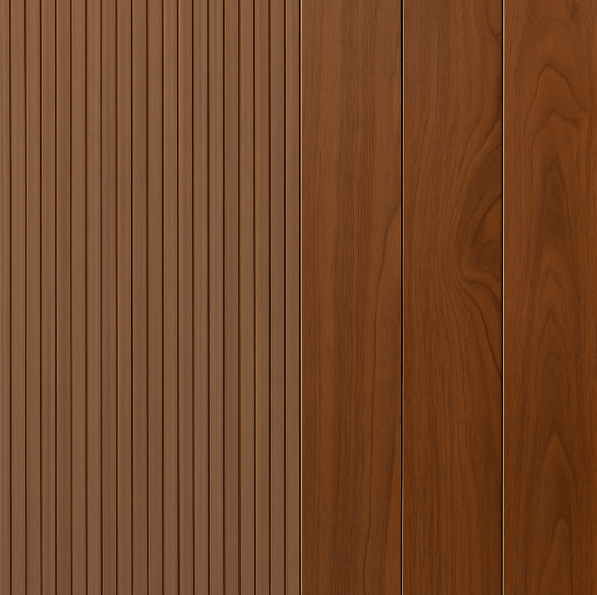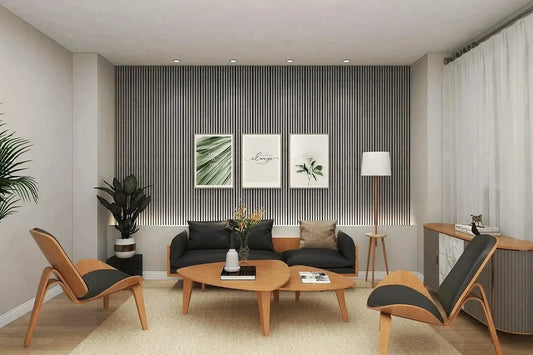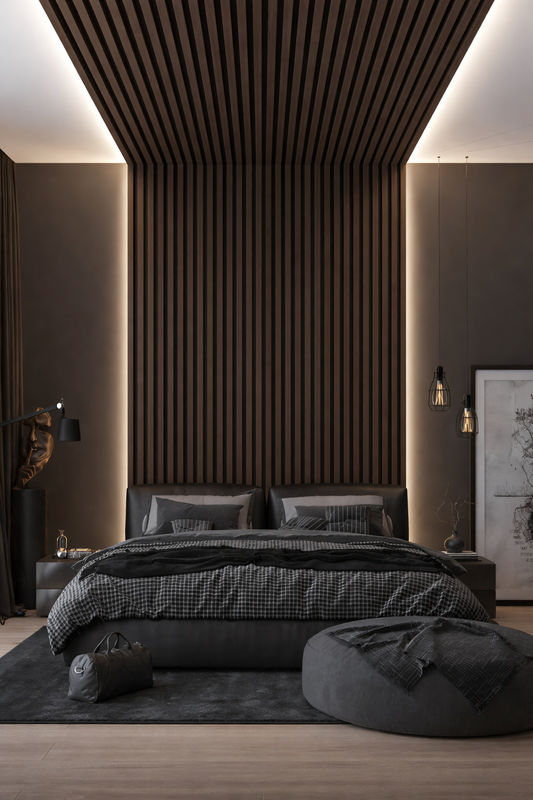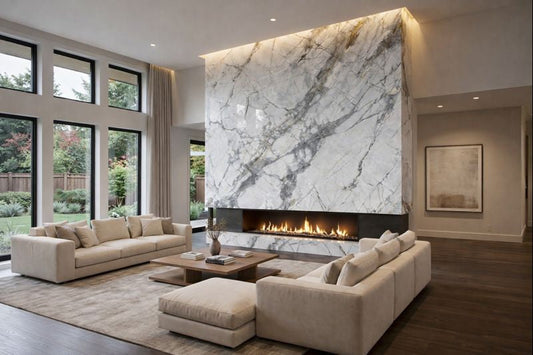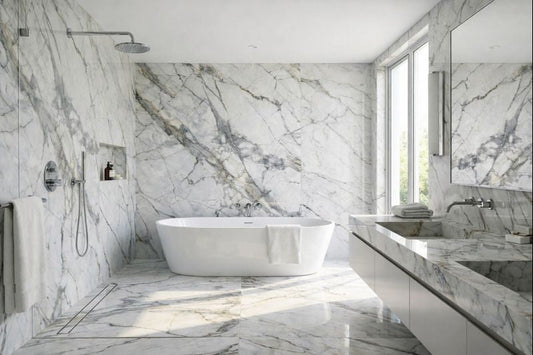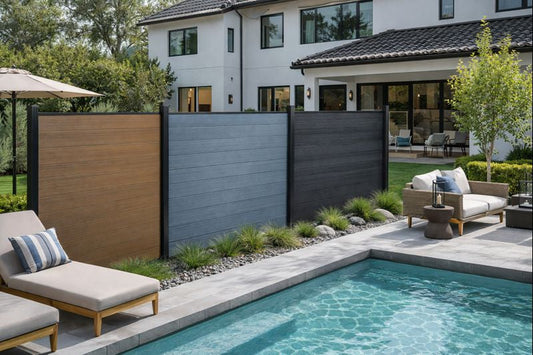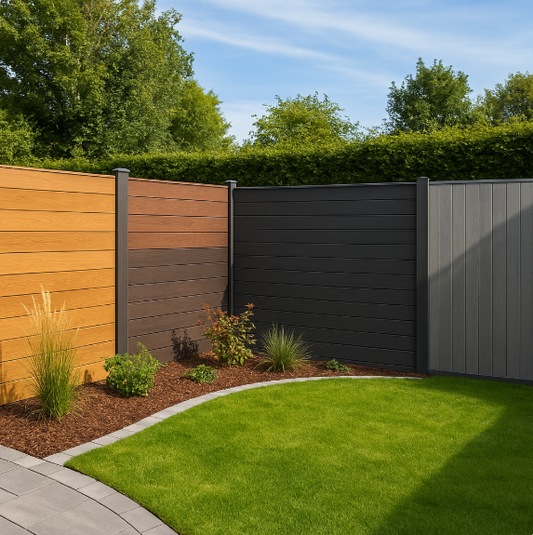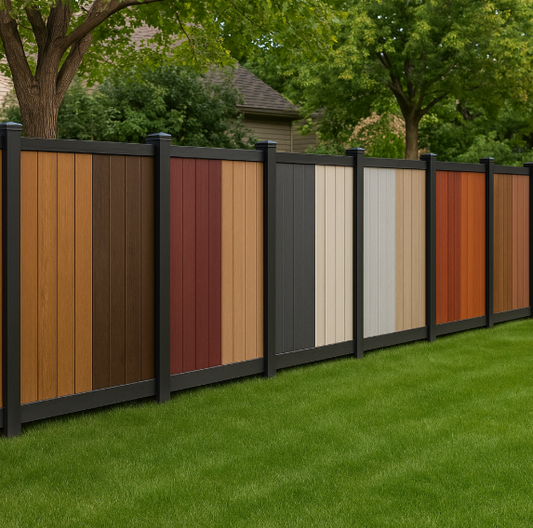When it comes to wall treatments that bring elegance, texture, and warmth to a space, wood paneling has long been the gold standard. But as materials and design needs have evolved, a newer alternative has been steadily gaining attention WPC fluted wall panels.
At first glance, WPC and traditional wood panels may appear similar, especially in finish and texture. But when you look closer, their differences become crucial especially in terms of performance, installation, maintenance, and long-term value.
If you're planning an interior makeover or comparing options for a feature wall, this comprehensive guide will help you determine: Should you go with WPC fluted wall panels or stick with traditional wood?
Understanding the Basics
What Are Traditional Wood Panels?
Traditional wood panels are made from solid wood or wood veneers and have been used in architecture for centuries. Common species include oak, walnut, teak, and pine. These panels can be flat, carved, or fluted, depending on the design requirement.
They offer rich textures and natural variation, but also come with inherent limitations from susceptibility to moisture and insects, to high maintenance needs.
What Are WPC Fluted Wall Panels?
WPC (Wood Plastic Composite) panels are made from a blend of wood fibers and thermoplastics. The fluted design refers to vertically grooved lines that add texture and architectural rhythm to interior walls. WPC fluted panels mimic the look of wood while offering enhanced durability, weather resistance, and easier installation.
They are often coated with a UV layer or protective film that boosts longevity, color retention, and moisture protection.
Aesthetics & Design Versatility
Traditional Wood: Timeless and Authentic
Wood’s natural grain, texture, and smell offer a timeless appeal that is difficult to replicate. Each panel is unique, and the imperfections knots, veins, and grains are part of its charm. Wood can also be sanded, stained, or refinished, offering room for customization.
However, the very individuality of wood can create inconsistencies, especially across large wall areas.
WPC Panels: Modern Precision, Flawless Finish
WPC fluted panels come in a wide range of finishes, including oak, walnut, ash, teak, and charcoal, offering consistency in tone and texture. For minimalist or modern interiors, this creates a clean, uniform aesthetic that’s easy to replicate across multiple rooms or large walls.
They also blend well with other materials metal, stone, or concrete making them ideal for contemporary and hybrid designs.
Verdict:
If authenticity is your priority and you're designing a heritage space, traditional wood may win. But for consistent, clean-lined modern designs, WPC offers more flexibility and predictability.
 |
 |

|
Installation: DIY or Pro?
Installing Traditional Wood Panels
Wood paneling requires precise cutting, nailing, and sealing. Because it reacts to temperature and humidity, installers must account for expansion gaps. Installation is labor-intensive and typically needs experienced carpenters or contractors.
Add to this the preparation sanding, staining, and varnishing and you're looking at several days of work, if not more.
Installing WPC Fluted Panels
WPC panels are known for their easy, mess-free installation. Most feature tongue-and-groove or interlocking systems that allow them to be mounted using adhesives or simple screws. They can be installed on:
- Concrete
- Drywall
- Existing tiles or wood
- Plywood backer boards
Even DIY homeowners can achieve a professional-looking result over a weekend, saving significantly on labor costs.
Verdict:
WPC is the clear winner here. Its faster, cleaner, and cost-effective installation process makes it ideal for both professional projects and weekend DIYs.
Durability & Performance
Traditional Wood: Beautiful but Sensitive
Wood is a living material it expands, contracts, warps, and can be affected by:
- Humidity and moisture
- Termites and other pests
- UV exposure (which causes fading)
It also requires sealing or painting every few years to maintain its appearance and structural integrity.
WPC: Built to Last
WPC fluted wall panels are moisture-resistant, insect-proof, warp-free, and fade-resistant. The protective top layer ensures that color and texture remain stable over time even in humid environments like kitchens or bathrooms.
Unlike wood, WPC does not absorb water or swell, making it ideal for tropical or coastal regions and high-humidity interiors.
Verdict:
For longevity and reliability, especially in demanding environments, WPC easily outperforms traditional wood.
 |
Maintenance & Cleaning
Maintaining Traditional Wood Panels
Wood walls require frequent upkeep. You need to dust regularly, clean with specific wood-safe products, and re-oil or polish periodically. In high-traffic or moisture-prone areas, maintenance can become time-consuming.
Maintaining WPC Panels
WPC fluted panels are ultra-low maintenance. A quick wipe with a damp cloth is enough to remove dust and smudges. There's no need for polishing, sealing, or specialized cleaning agents.
They’re also resistant to mold, mildew, and stains, making them particularly ideal for families, pet owners, or commercial settings.
Verdict:
WPC wins again for being practical, efficient, and stress-free to maintain.
Environmental Impact & Sustainability
Wood: Natural but Not Always Sustainable
While wood is renewable, excessive logging and non-certified harvesting practices can cause deforestation and habitat loss. Unless you're sourcing FSC-certified wood, your panels might carry a heavy ecological footprint.
Transporting and processing hardwood also consumes significant energy.
WPC: Recycled and Efficient
Many WPC panels are made from recycled wood fibers and plastic waste, helping reduce landfill buildup and logging demands. They're also engineered for long-term use, reducing replacement frequency and overall waste.
Newer manufacturing processes are low-VOC and environmentally controlled, making WPC panels a greener alternative to traditional hardwood.
Verdict:
If sourced responsibly, wood can be eco-friendly. But WPC offers a more scalable, sustainable solution, especially in mass installations.
Cost & Long-Term Value
Cost of Traditional Wood Panels
High-quality wood panels are expensive, especially rare species like walnut or teak. When you factor in installation and maintenance, the lifetime cost becomes significant. In commercial settings, they may also require costly protective coatings or fire-retardant treatments.
Cost of WPC Fluted Panels
WPC panels are much more affordable both upfront and in terms of long-term care. Installation is quicker, and there's virtually no maintenance required. You also save on repainting, pest control, and repairs over the years.
In both residential and commercial settings, this makes WPC a budget-smart yet stylish option.
Verdict:
WPC offers superior cost-effectiveness without compromising aesthetics or quality.
Best Use Cases for Each
|
Setting/Need |
Go with Traditional Wood if… |
Choose WPC Fluted Panels if… |
|
Residential Luxury |
You're designing a rustic or traditional space and love the natural grain |
You want a polished, modern aesthetic with less maintenance |
|
Commercial Interiors |
You have a large budget and dedicated maintenance staff |
You need a cost-effective, durable, stylish solution for high-traffic areas |
|
Moisture-Prone Areas |
Not recommended |
Perfect for bathrooms, kitchens, and laundry zones |
|
DIY Renovation |
Complex and time-consuming |
Beginner-friendly and quick to install |
|
Sustainability Focus |
If FSC-certified |
Recycled and low-VOC materials available |
Final Verdict: Which One’s Right for You?
If you're a purist at heart, designing a cozy cabin, a luxury study, or a traditional library traditional wood paneling still holds timeless charm. But if you're looking for a modern, durable, and affordable wall cladding solution, WPC fluted panels are the clear winner.
At Accel Inc, we offer a premium range of WPC fluted wall panels designed to suit every style from natural wood tones to rich, dark finishes. Whether you’re upgrading a feature wall at home or transforming a commercial interior, our panels offer performance, beauty, and peace of mind.
Ready to Choose Smarter?
Explore our WPC Fluted Panel Collection and discover how easy it is to bring elegance, durability, and modern design into your space without the hassle or high cost of traditional wood.
Have questions? Our design team is ready to help you select the right finish, trim, and installation approach to match your project’s vision.

